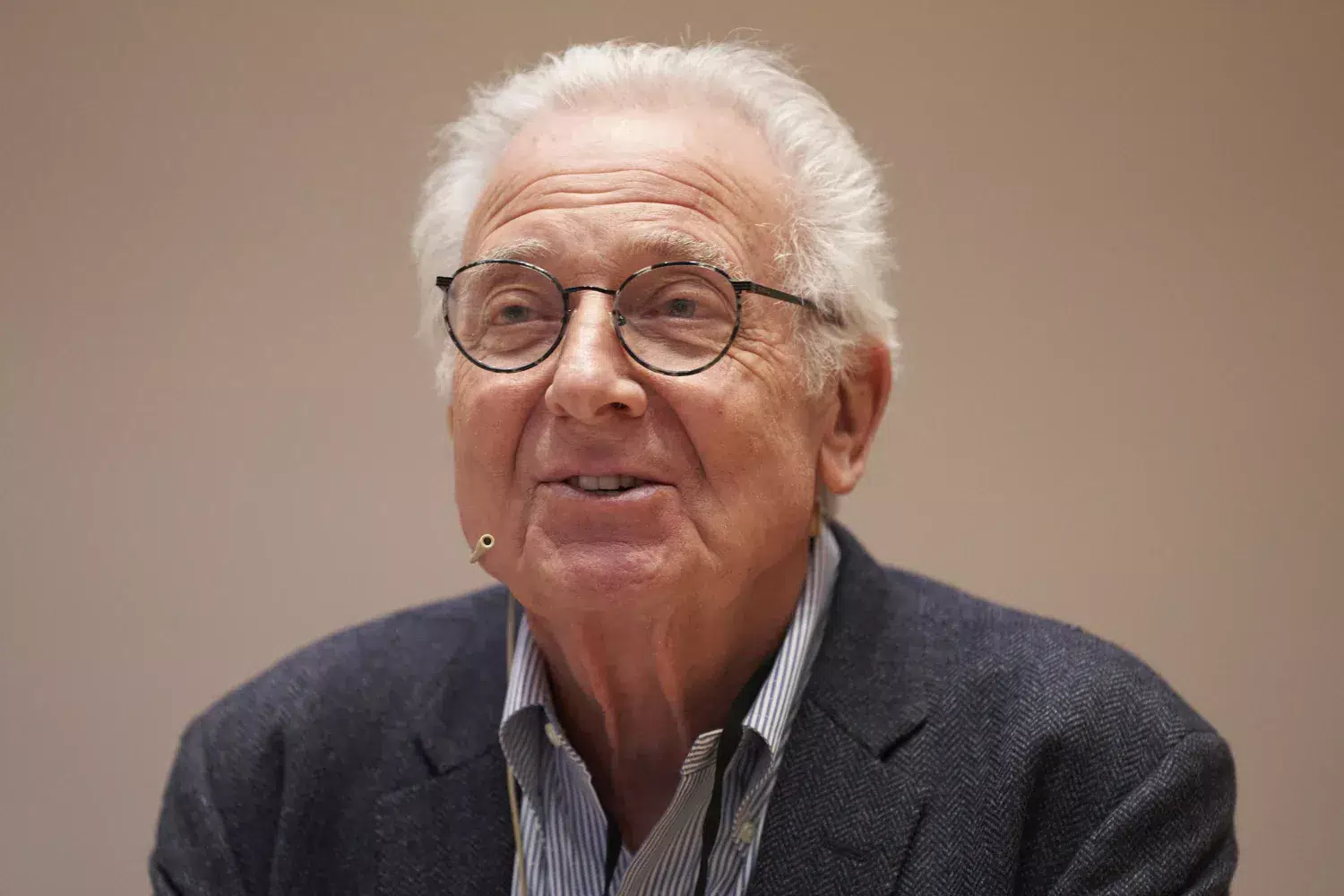Together with UNICEF, Karolinska Institutet hosted the Bold Ideas for Brighter Futures conference on May 15-16. Klas Bergling, father of Tim Bergling, known as Avicii, was one of the speakers who spoke about his experiences of mental illness in young people.

The two-day conference presented the latest research, policy and practice in global child and adolescent mental health, keynote speaker was Professor Robert Blum who spoke about adolescent mental health globally.
However, it was Klas Bergling, father of DJ Tim Bergling, Avicii, and founder of the Tim Bergling Foundation, who opened the conference. In April 2018, Tim Bergling took his own life and in his speech, Klas Bergling described how life since then is divided into a before, and an after. He emphasized the need for support to the survivors of a suicide.
After Tim passed away, the family received many letters. A striking number were from young people writing about their mental health problems and how Avicii's music and lyrics had helped them.
"With Tim's legacy we wanted to do something that we felt was right but also that Tim would have appreciated and approved. Tim was personally very interested in mental health and was a thinker, sensitive and a kind person who would never leave a friend that needed him. We decided to set up a foundation in his name, for mental health, wellbeing, and belief in the future for children and young adults, suicide prevention and to combat the stigma surrounding these issues", says Klas Bergling.
Mental health problems are on the rise
The keynote speaker at the conference was Robert Blum, Professor and former Chair of the Department of Population, Family and Reproductive Health at the Johns Hopkins Bloomberg School of Public Health, an expert on adolescent health. He discussed the increasing number of young people living with mental health problems.

About 15-20% of all young people have significant emotional problems, and globally, depression and anxiety in young people have increased by about 14% since the turn of the millennium. Loneliness has also doubled since 2012 and isolation has become a global public health problem.
"It may be too simple to say that social media use is the cause of this health problem, but research has shown an association between loneliness and social media use," says Robert Blum.
Robert Blum said that while mental illness used to be viewed as a problem in high-income countries, that image has changed. China, Vietnam and Cuba are some of the countries that have developed strategies to address the situation.
The role of social context
Robert Blum also discussed why he is calling for a greater focus on the social and environmental risk factors behind mental health problems, along with strategies to help young people manage them.

As part of the Global Early Adolescent Study, Robert Blum conducted focus group discussions with boys and girls aged 10-15 from 14 countries about their experiences of mental health.
Many adolescents experience significant emotional distress without crossing the threshold into disorder. Meeting needs such as food, shelter and clothing have a positive effect on people's mental health, he concludes.
"We need to expand our view of mental health, and I hope that in the next decade we focus more on the structural drivers for mental health problems. Many of the solutions lie in the environment and the horrendous environments that many children face, and not primarily in medications and psychotherapy," says Robert Blum.
The Director of Health at UNICEF Helena Fogstad and Vinicius Gaby, member of the Youth and Young Professional Advisory Committee were also speaking at the conference, that was attended by 300 people. The Bold Ideas for Brighter Futures conference was organised by UNICEF and Karolinska Institutet, and held at KI Campus Solna on 15-16 May.







